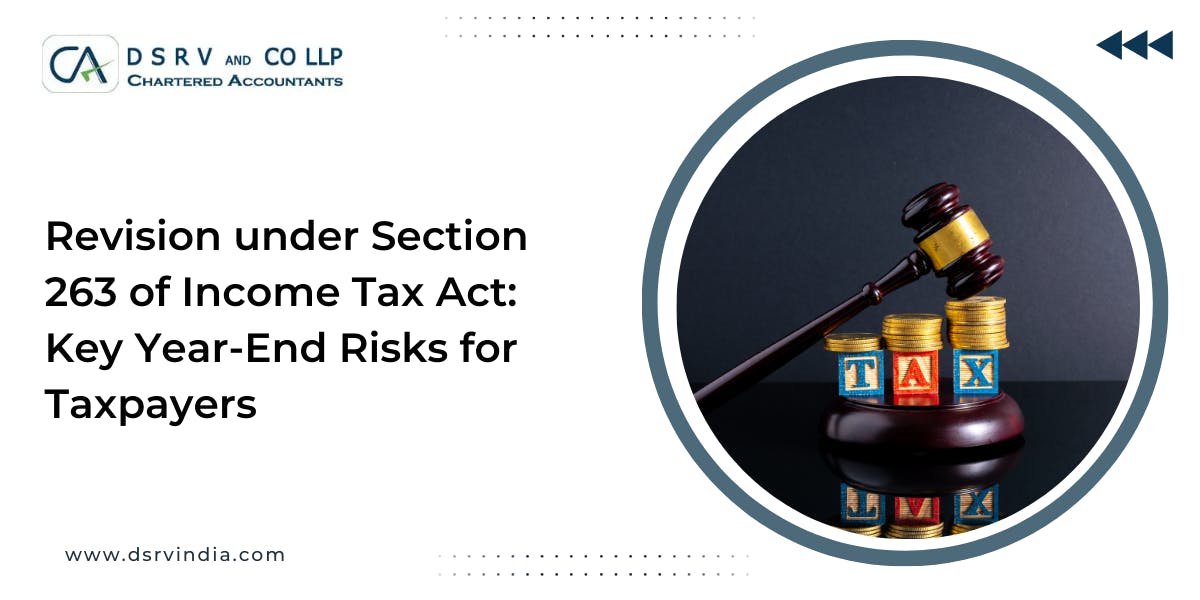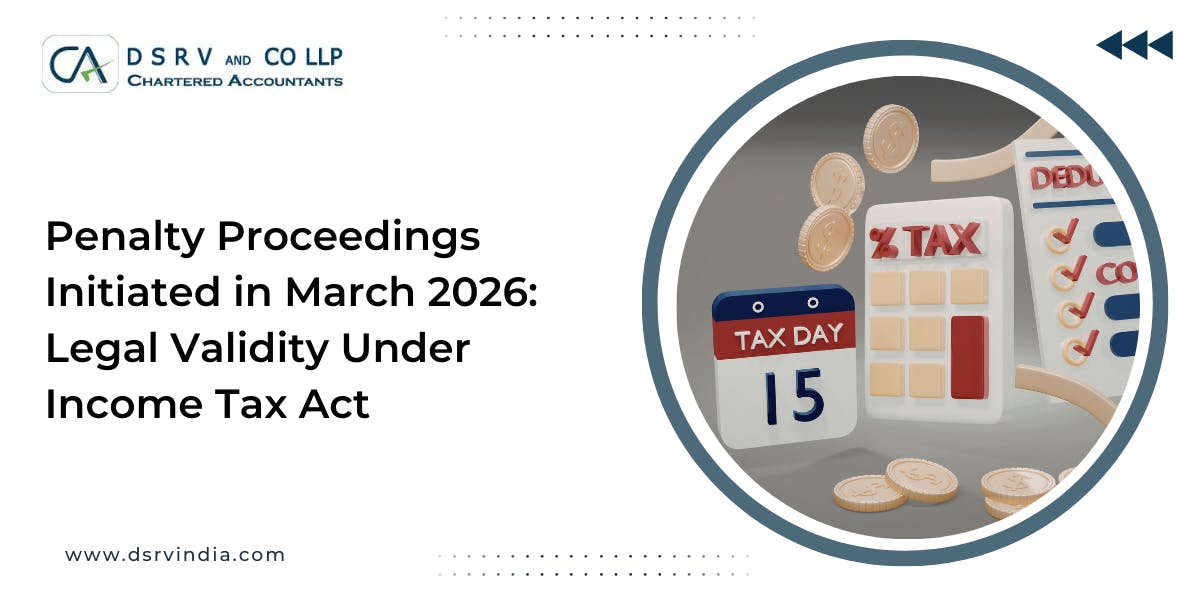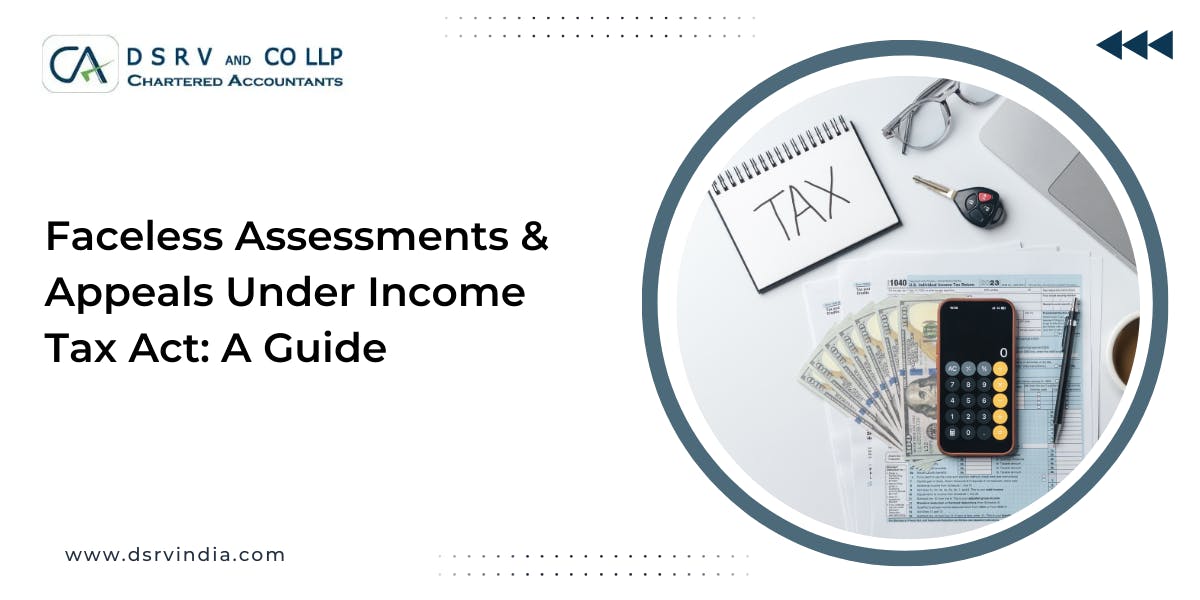Recommended: Complete Guide to Understanding What is Withholding Tax on Foreign Payments in India
Top Points To Consider: Ensure Tax Efficiency With ODI Under FEMA
1. Understanding ODI And FEMA
As you already know, the Foreign Exchange Management Act of 1999 regulates and optimizes Foreign Exchange Transactions in our country. It helps in promoting the market of foreign exchange in India through development and maintenance.
At the same time, Overseas Direct Investment means that an Indian individual or company invests with a foreign entity. Which will grant them permission to get control and acquire interest.
2. Approval And Automatic Route
The ODI has access to two routes for business overseas as considered by the Reserve Bank of India. The approval route needs special permission from the RBI to exceed specific investment limits in certain sectors. Thus, approval from the Reserve Bank of India for the investment made is a must.
Whereas, the automatic route allows stock exchange or investments across borders without having prior permission from the RBI. This is only applicable if the investment amount does not exceed specific limits.
3. ODI Eligibility Apart From Equity Capital
If you are thinking of investing overseas by buying shares. Then, you must consider that under the new guidelines of ODI, you can do more than buy shares or stocks for investment purposes.
The new Overseas Direct Investment under FEMA points -
- If you are a successful business, you can loan and lend money to other foreign companies. It will act as a business loan in your portfolio investment.
- You can invest in the debt investment of a foreign entity.
- This also means that you have to make some sort of commitment. Which includes to cover some debt or risks of the overseas company without the exchange of cash.
However, the new rule is only applicable if you are dealing with a foreign company or if you indulge in a loan deal with a proper interest rate with the foreign company. Which again, opens the door to connect with overseas companies at large.
4. ODI And OPI Distinction
If you are thinking that both ODI and Overseas Portfolio Investment (OPI) are the same, then it is not. FEMA rules and regulations for ODI and OPI differ from each other.
OPI allows you to acquire shares in a foreign company without control. While, ODI does not allow that.
5. Non-Resident Taxability
If you are an Indian and you are receiving income from your country, i.e., India. Then, understanding the tax implications for a non-resident is very crucial.
However, at DSRV India, we can help you navigate through complex taxation services for non-residents.
6. Taxation On Foreign Remittance
For ODI purposes, FEMA regulations control taxes that are applicable for foreign remittances. As a part, there is no TCS levied on ODI in a foreign entity. However, you can expect a TCS of 20% levied on foreign remittances under the Liberalized Remittance Scheme (LRS) in effect from October 1, 2023, except for educational and medical expenses.
Thus, according to a business's spending limit, the TCS limit of range applies from 0.5% to 20%
Read Also: Demystifying Onshoring The Offshore With International Financial Services Centre
7. Permissible Activities
You must understand and identify the permissible activities granted under the FEMA guidelines before proceeding with overseas investments. According to Section 5 of FEMA, a person residing in India can buy or sell foreign goods and services under their current bank account transactions.
Withdrawal of foreign exchanged services or goods is prohibited by the Central Government of India under particular aspects. Like, lottery winning remittances, racing remittances, etc.
8. FEMA Compliance
If you indulge in overseas exchanges, then understanding and adhering to FEMA compliance is important to avoid legal penalties for your business.
Hence, FEMA approvals on transactions are important for for foreign securities, currencies, or any other exchange in foreign remittances.
9. Requiremnt Of Important Documents
Without proper documentation, you cannot submit an ODI application for the exchange of foreign goods or services. This also includes taking your business in foreign lands.
That is why, you must prepare your application with all required documents for a successful proceeding.
10. Compliance Post-Investment
Even if, you have followed all the ODI steps under FEMA correctly, the FEMA compliance still applies post-investment. You must adhere to the compliances like submitting the last audited balance sheet of dividend reporting that you have received. You should also stay updated about changes made in the FEMA structure post-investing in foreign remittances.
11. Seeking Professional Guidance
Taxation and FEMA regulations are complex and it can be hard for you to break them if you are new to the business field.
Thus, always consider taking help from professional experts with experience. We at, DSRV India can guide you through the complexities of FEMA compliance. So that, you can smoothly sail your business overseas without any legal risks.
Read More: The obligations on Non-Residents Of India To File Tax Return For The Year 2024
Conclusion
Overseas Direct Investment under FEMA regulatory body opens multiple opportunities for for Indian companies to take their business outside India. So, consider the following points to expand your business in the global realm.
You can also visit us on our website of DSRV India to know more about ODI under FEMA.







